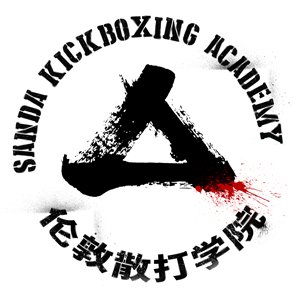Hitting a Wall in Martial Arts Training: Embracing Challenges to Evolve Your Practice
Training in martial arts is a journey marked by progress, discipline, and self-discovery. However, like any path to mastery, it’s not uncommon for practitioners to hit a wall. This phenomenon, known as hitting a plateau, can be frustrating and disheartening. Yet, it is in these moments of stagnation that the most profound growth often occurs. By learning to navigate and adapt to these challenges, martial artists can develop their practice in ways they might not have imagined.
Understanding the Plateau
A training plateau is a period where progress seems to stall despite consistent effort. This can manifest in various ways: techniques feel sluggish, physical conditioning hits a standstill, or the mental enthusiasm wanes. For martial artists, these plateaus are more than just physical; they challenge the spirit and the mind.
Embracing Change
The first step in overcoming a plateau is to embrace change. Martial arts, by nature, are dynamic. They require practitioners to be adaptable and open to new experiences. When facing a wall, it’s crucial to:
Reassess Goals: Sometimes, the goals set at the beginning of training need to be re-evaluated. What once seemed like a clear path to success might now require adjustments. This could mean setting new, more attainable goals or redefining what success looks like.
Seek Feedback: Engage with instructors and peers to gain fresh perspectives. Constructive criticism can shed light on areas that need improvement and provide new strategies for overcoming obstacles.
Experiment with Techniques: Martial arts are vast and varied. Exploring different styles or techniques can reignite passion and open up new avenues for growth. For instance, a karate practitioner might find valuable insights by studying judo or aikido.
Mental Resilience
Hitting a wall isn’t just a physical challenge; it’s a mental battle. Building mental resilience is key to pushing through these tough times. Here are a few strategies:
Mindfulness and Meditation: Incorporating mindfulness practices can help maintain focus and clarity. Meditation can reduce stress and improve concentration, making it easier to stay committed to training.
Positive Visualization: Visualizing success and progress can be a powerful tool. This mental rehearsal can build confidence and create a mental blueprint for overcoming physical and technical challenges.
Patience and Perseverance: Accept that progress takes time. Patience is essential in martial arts, where mastery is a lifelong pursuit. Perseverance through tough times builds character and strengthens resolve.
Physical Adaptation
Physical adaptation is just as important as mental resilience. When traditional training methods no longer yield results, it’s time to switch things up:
Cross-Training: Engaging in different physical activities can improve overall fitness and prevent burnout. Strength training, yoga, and even swimming can complement martial arts training by enhancing flexibility, strength, and endurance.
Recovery and Rest: Overtraining can lead to burnout and plateaus. Ensuring adequate rest and recovery allows the body to heal and grow stronger. Listening to one’s body is crucial to avoiding injuries and maintaining long-term health.
Technical Drills: Breaking down techniques into smaller, more manageable drills can help refine skills and uncover areas that need improvement. Repetition of these drills builds muscle memory and precision.
The Growth Mindset
Ultimately, overcoming a plateau in martial arts requires a growth mindset. This mindset views challenges as opportunities rather than setbacks. It recognizes that hitting a wall is a natural part of any learning process. By embracing these challenges, martial artists can push beyond their limits and discover new depths of their abilities.
In conclusion, hitting a wall in martial arts training is not a sign of failure but an invitation to grow. By reassessing goals, seeking feedback, embracing change, and building mental and physical resilience, practitioners can transform obstacles into stepping stones. Every plateau conquered brings a martial artist one step closer to mastery, both on and off the mat.
Book your free trial class today

